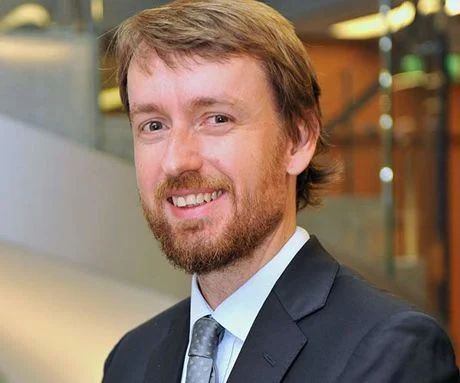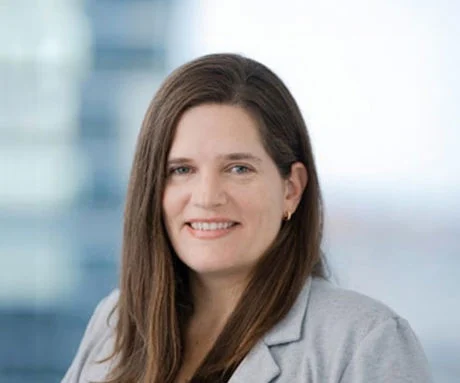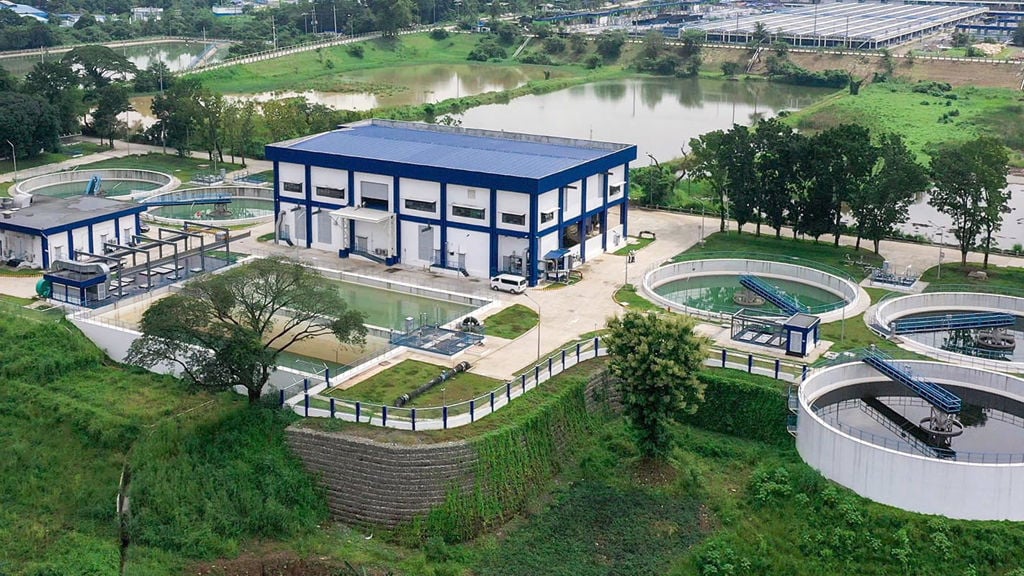Explore
Discover more of our expertise:
Experts
Contact our team today:

Dr Damian Grant
Global and UKIMEA Seismic Design Leader
Damian Grant is an earthquake engineer engaged in a broad range of global projects, including the design of new buildings, bridges and energy infrastructure, and the seismic assessment of existing structures.

Dr Helene Tischer
Americas Seismic Design Leader
Dr. Helene Tischer is a structural engineer with 20 years of experience working as a researcher, professor and designer, focusing on earthquake engineering and existing buildings retrofit. She is the Americas Seismic Skills Network leader, with responsibility for coordinating skills, learning, research and knowledge sharing across Arup’s community of multidisciplinary engineers located in the US, Canada and Colombia.

Dr Jing Zhang
Australasia Seismic Design Leader
Dr Jing Zhang leads structural analysis for projects in the Australasia region and has expertise in analysis/design/review of various structures, particularly high rise, seismic and lateral system design.












